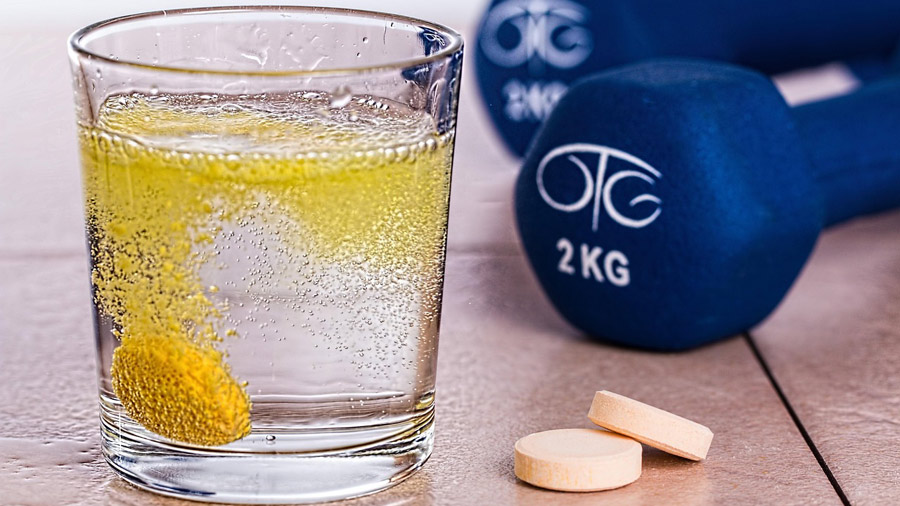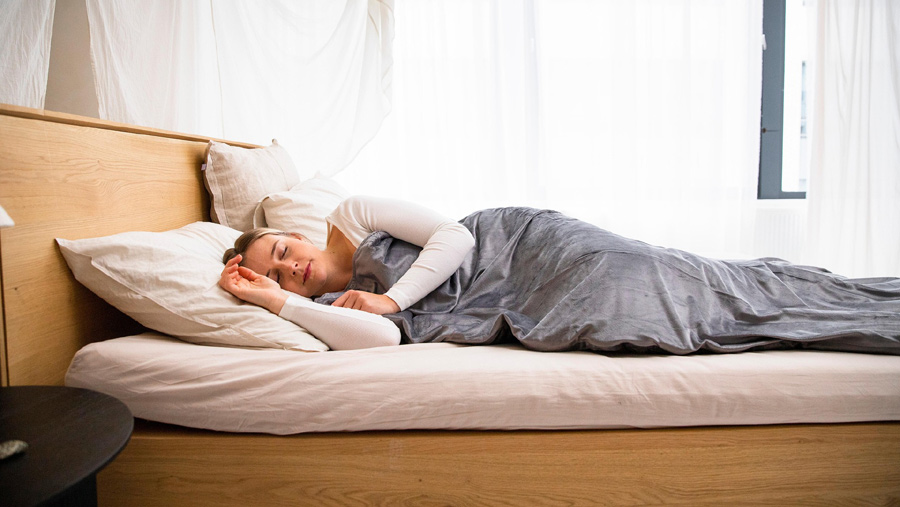Healthy Aging Secrets: Myths to Forget and Habits to Adopt After 50

Some people run marathons at 70. Others feel worn out by 50. The difference? It often comes down to lifestyle choices — not just the number of candles on the birthday cake.
Growing older is unavoidable, but the way you experience aging can vary greatly. Modern science shows that habits play a much bigger role in longevity than previously thought. It’s not only about green smoothies and good sleep; it’s about creating a balanced lifestyle that supports your body, brain, and spirit for the long haul.
And while you might have come across this website for real-time digital entertainment, it’s also worth investing in the habits that help you feel sharp, active, and engaged — both now and for years to come.
Aging Myths That Need to Go
-
Myth #1: “It’s All in Your genes”
Many people believe aging is predetermined by DNA and assume they have little control over it. In reality, genetics only account for about 20–30% of how people age. The rest? Lifestyle choices. Daily habits, from what you eat to how you move, have a much greater impact on your long-term health than your genetic blueprint.
-
Myth #2: “Supplements Are the Secret”
With so many pills and powders on the market, it’s tempting to believe that a handful of capsules can slow down time. However, no pill replaces real food, movement, or sleep. Supplements can support specific needs, but they won’t work like magic. A balanced lifestyle is still the foundation of healthy aging.

-
Myth #3: “Once It Starts Going Downhill, It’s Too Late”
Some think that once signs of aging appear, like stiffness, fatigue, or memory lapses, there’s no turning back. That’s not true; health and energy can be increased at any age. Even small changes, like walking daily or cutting back on sugar, can improve how you feel and function over time.
5 Essential Pillars of Healthy Aging
1. Nutrition
What you eat can either accelerate or slow down aging. Focus on:
- Whole foods over processed ones — think vegetables, legumes, nuts, and lean protein.
- Healthy fats from olive oil, avocado, and fatty fish for brain function and cardiovascular well-being.
- Hydration — dehydration can zap your energy and affect cognition.
The Mediterranean diet isn’t just trendy; it’s one of the most studied and effective longevity-friendly eating patterns, linked to reduced risk of heart disease, diabetes, and cognitive decline.

2. Movement
Movement plays a vital role in maintaining healthy joints, strengthening muscles, and boosting mood. Aim to engage in about 30 minutes of activity each day, whether it’s walking, swimming, dancing, or even gardening. Incorporating strength training two to three times a week can help combat muscle loss and maintain a healthy metabolism.
Adding stretching and balance exercises, such as yoga or tai chi, is also important to prevent falls and reduce stiffness. Remember, consistency matters more than intensity—you don’t need to be a gym rat, just staying active regularly makes a big difference.
3. Mental Fitness
Maintaining independence and vitality depends on strong cognitive function, which you can support by regularly doing puzzles, reading, or learning new skills. To preserve focus and mental clarity, limit multitasking and passive scrolling, reduce alcohol intake, and manage stress. Curiosity also provides valuable stimulation that keeps the brain healthy and active.
4. Rest & Recovery
Sleep like your life depends on it — because it truly does. It affects everything from memory and immune function to emotional regulation. To improve your sleep quality, try adopting these healthy habits:
- Keep your sleep routine regular, even during weekends.
- Create a bedtime routine that signals wind-down time: dim lights, no screens, deep breathing.
- If you snore heavily or wake up exhausted, get checked for sleep apnea.
Chronic sleep deprivation is linked to heart disease, diabetes, and even Alzheimer’s. Don’t treat rest like a luxury — it’s maintenance.

5. Social Connection
Loneliness harms your health more than smoking 15 cigarettes a day, so regular catch-ups with friends or family are essential. Joining clubs, volunteering, or taking group classes helps build new connections, and bonds across generations bring fresh energy and insight. Strong social ties protect against depression, cognitive decline, and early mortality.
You don’t need to change everything at once; start small with a daily walk, mindful meal, or call to a loved one. Longevity comes from progress, not perfection, and there is no better time to start than now.
Disclaimer: This article is a paid guest post submitted by a third party. NiaziPlay does not endorse or verify the legitimacy of the trading platforms mentioned. Trading financial instruments such as forex, stocks, and digital options carries a high level of risk and may not be suitable for all investors. Readers are strongly advised to conduct their own research or consult a licensed financial advisor before making any investment decisions. NiaziPlay is not responsible for any losses or damages incurred as a result of using the platforms discussed in this post.









